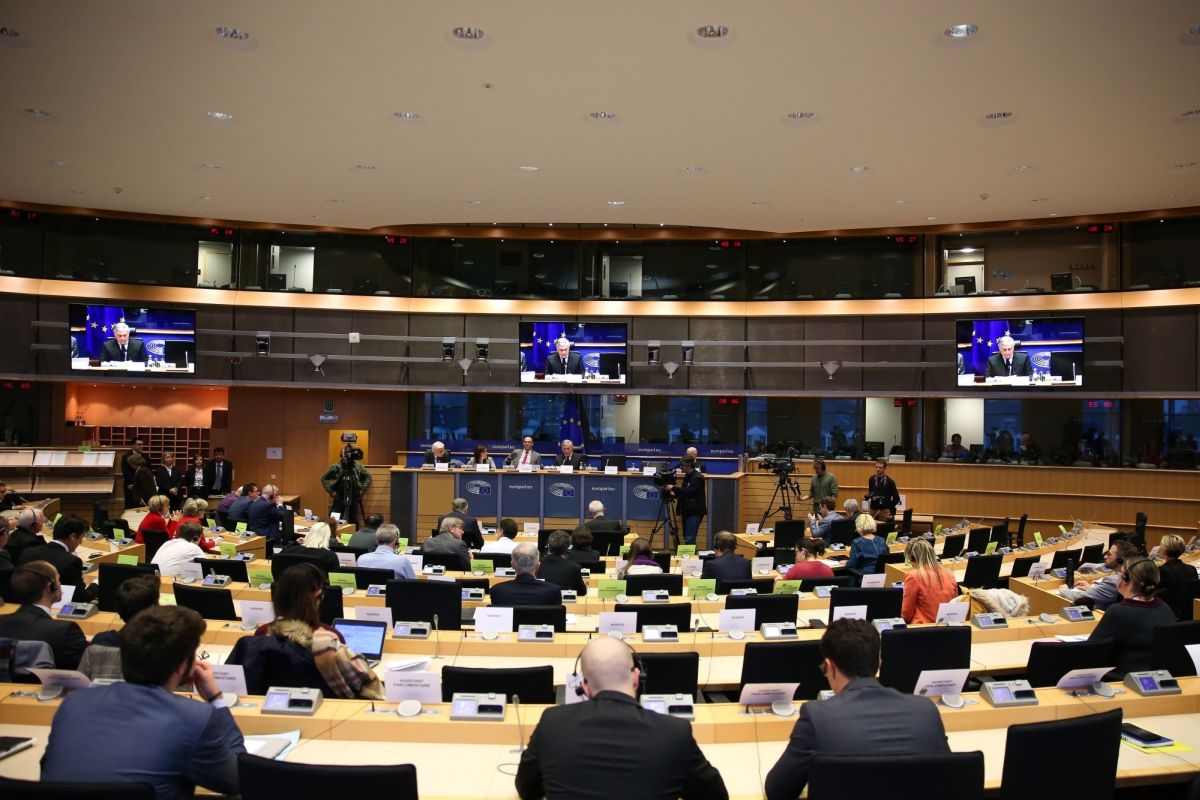Unilever to slash some 3,000 office jobs in Europe by end of 2025
The London-based consumer goods giant Unilever plans to lay off 3,000 to 3,200 workers in Europe by the end of 2025, the Financial Times has reported.
Yet on the first anniversary of the pandemic and the attendant lockdowns, it is remarkably resonant.

Members of European Union (Photo: IANS)
More than 200 years after the Concert of Europe was formalised (1815), as many as 24 world leaders have banded together to sound the bugle calling for a new global settlement to help the world prepare for future pandemics. Much will of course hinge on the united effort in the follow-through. Suffice it to register that this spirited voice of Europe, as remarkable as it was in unison, wasn’t actually heard a year ago.
Yet on the first anniversary of the pandemic and the attendant lockdowns, it is remarkably resonant. In articles published in the Daily Telegraph, Le Monde(France) and El Pais (Spain), the leaders, pre-eminently British Prime Minister Boris Johnson, French President Emmanuel Macron, and German Chancellor Angela Merkel, have argued that Covid-19 posed the biggest challenge since World War II.
The pandemic has shown “nobody is safe until everyone is safe”, they said. The fact of the matter must be that the world is still a long way away from safety, let alone fewer deaths. The United Kingdom has let it be known that it would need a surplus of vaccines before it can export supplies. The offshore demand can only be met, given adequate supplies at home.
Advertisement
Remarkable must be the reliance on the print media to buttress their contention when a second wave of the dreaded disease has already been reported from different parts of the world. The leaders have argued that a treaty similar to that reached in the wake of the Second World War is imperative to forge cross-border cooperation.
The signatories, who include the head of the World Health Organization, Dr Tedros Adhanom Ghebreyesus, said: “At that time, following the devastation of two world wars, political leaders came together to forge the multilateral system. The aims were clear: To bring countries together, to dispel the temptations of isolationism and nationalism, and to address the challenges that could only be achieved together in the spirit of solidarity and cooperation ~ namely peace, prosperity, health and security.”
A lesson from history has been learnt 75 years after the war was over. The European leaders have said that “in the same spirit, countries must now be better prepared to predict, prevent, detect, assess and effectively respond to pandemics in a highly co-ordinated fashion”.
A new treaty would help to establish better systems for alerting people about potential pandemics, they said, while also improving the sharing of data and distribution of vaccines and personal protective equipment. “There will be other pandemics and other major health emergencies. No single government or multilateral agency can address this threat alone. The question is not if, but when”. The latter-day Concert of Europe is, at any rate, a forward movement.
Advertisement